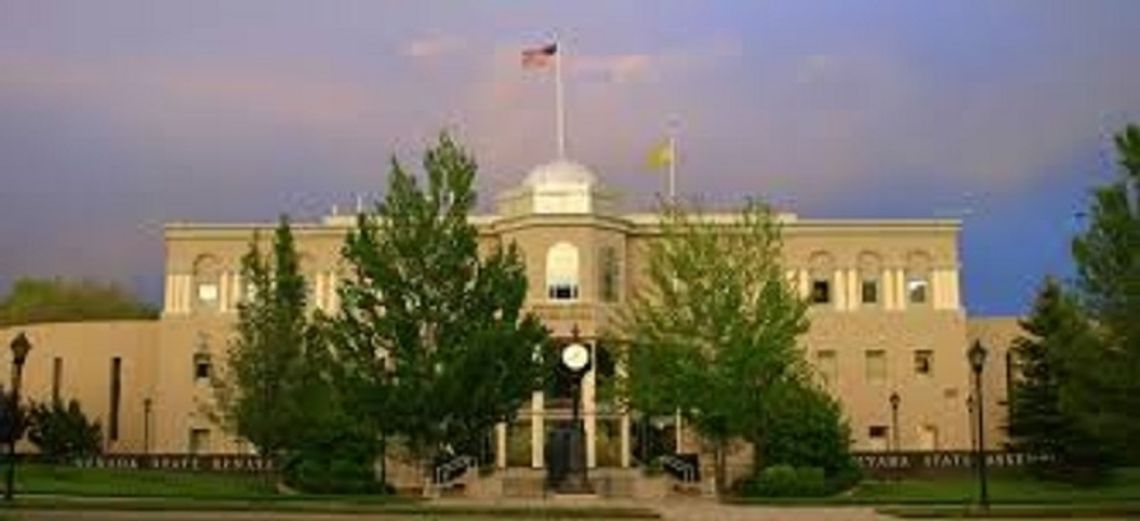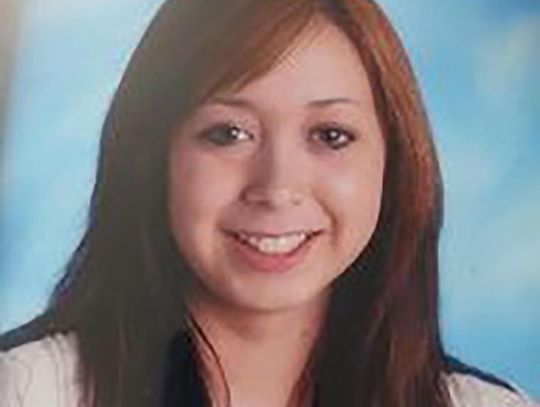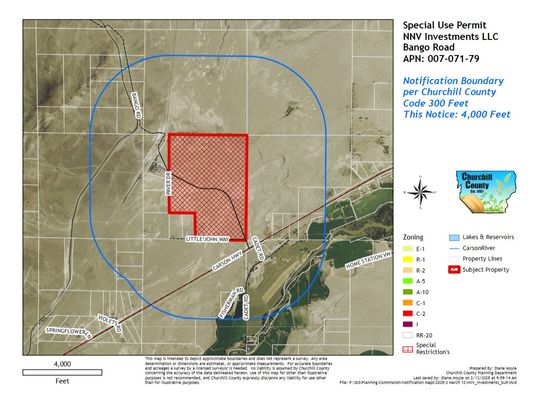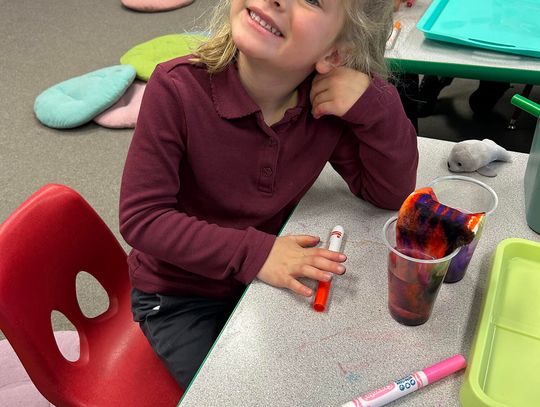The Clark Regional Behavioral Health Policy Board, the Nevada Division of the Department of Health and Human Services, has submitted Senate Bill 68 which raises the property transfer tax by ten percent to fund “certain purposes relating to very low-income housing, supportive housing and supportive services” for people with mental health conditions, disabilities, and low income.
This bill increases the Real Property Transfer Tax, a tax paid to the fund when you buy a home, from $1.95 per $500 of value or a fraction thereof to $2.15 per $500. According to Zillow, the average cost of a home in Nevada has risen 3.9% over the past year to $409,008. If this tax increase passes the legislature and is signed into law, the real property transfer tax on the cost of that average home increases from $1,595.13 to $1,758.73. This tax would apply to residential, commercial, and retail space sales.
From the legislative digest:
Existing law imposes a tax on certain transfers of real property. The tax is based on the value of the transferred property in increments of $500 or a fraction thereof. (NRS 375.020)
Existing law requires the State Controller to deposit a portion of that transfer tax into the Account for Affordable Housing, which is administered by the Housing Division of the Department of Business and Industry to assist certain persons in obtaining or keeping affordable housing. (NRS 6 319.500, 319.510, 375.070)
Section 14 of this bill: (1) creates the Critical Needs Fund; (2) requires the Division to administer the Fund; and (3) requires the money in the Fund to be used to provide certain assistance for very low-income housing, supportive housing, and supportive services. Section 21 of this bill increases the tax on certain transfers of real property by 20 cents for each $500 of value or fraction thereof, and section 22 of this bill requires the State Controller to deposit the amount attributable to the increase into the Fund.
According to “This is Reno:”
The funds would be certified by the Nevada Housing Division with no more than 10% of those funds used for administrative purposes, and then allocated to the five Regional Behavioral Health Policy Boards (Clark, Washoe, Northern, South Rural, and Rural) in the state, with a minimum of $500,000 per region. For example, the Clark Regional Behavioral Health Board, which serves 73% of the statewide population, would receive an estimated $10.2 million in funding annually. The boards would determine what percentage of their allocated funds will be used for rental assistance and home repair assistance and what percentage will be used for supportive housing and services – with a minimum of 25% of the funds being used for each of them. The boards can then use the remaining funds as they see fit for their communities.
Any tax increase, per the Nevada constitution, requires the approval of 2/3 of the legislature. This proposed tax comes despite the hundreds of millions of tax dollars from Nevada’s share of the American Rescue Plan dollars that were appropriated to fund affordable housing, housing assistance, mental health, and related support services.
Additionally, home prices and rents have skyrocketed in the Silver State, so the need to create a new “Critical Needs Fund” could be seen as duplicitous as the existing Affordable Housing Fund is designed to address critical housing needs and services. Moreover, during this pandemic-related boom in real estate transactions, the Affordable Housing Fund should be flush with cash. On average, since 2019, home prices have risen over 30% and demand outpaced supply.
A report by the National Low Income Housing Coalition shows that Nevada is 17th in the nation for housing affordability. By comparison, in 2021, Nevada ranked 22nd in the nation for housing affordability and finds that Nevadans must make $23.70 per hour or earn a little under $50,000 a year to comfortably afford rent and utilities.
According to the Institute for Policy Innovation, the total U.S. tax burden including federal, state, and local taxes and hidden taxes is equal to 56% of annual personal consumption spending.
Governor Joe Lombardo is on the record promising not to raise taxes. This bill, should it make it to his desk, is one of many tax increases proposed this session that he will have to decide whether to sign or to veto.
Story by Bill Post with substantial help from Megan Barth of The Nevada Globe and Mark Hernandez of This is Reno.










































Comment
Comments